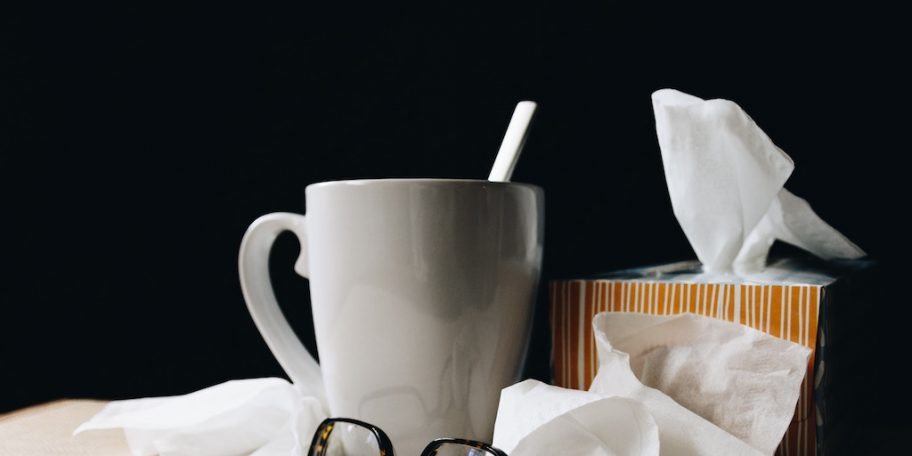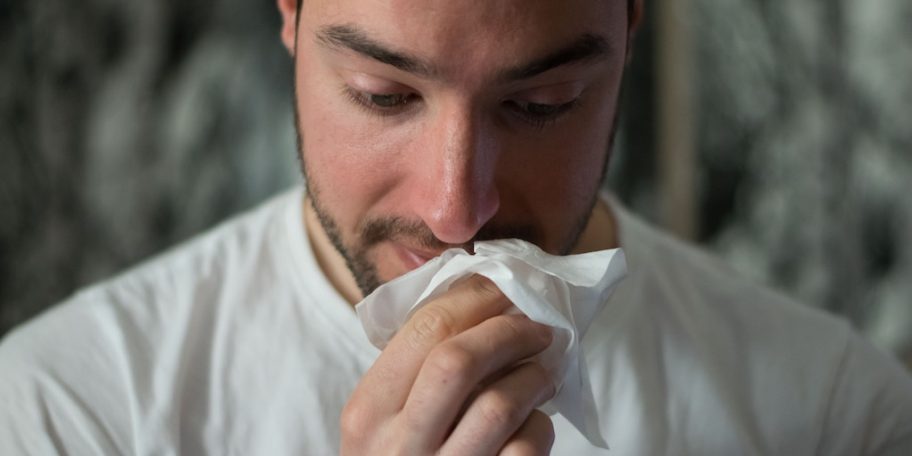Allergic respiratory conditions pose problems for singers in many ways:
- Drainage of nasal secretions onto the vocal cords
- Coughing fits that can traumatize the vocal cords and even lead to small contact bumps on the cords (usually improving with time and speech therapy)
- Nasal congestion and sneezing affecting respiration. Consequent mouth breathing may lead to more coughing, airway dryness and asthma symptoms. All of this can lead to difficulty holding notes.
Actors and singers are exposed to occupational risks for allergy:
- Performers who work in old theaters often encounter unfavorable dusty or moldy conditions.
- Theater set construction also generates airborne particles and sometimes the odor of construction materials including formaldehyde irritates the airway
- Traveling performers who travel and stay in musty motels
- Theater “Fog” contains chemicals that may irritate the lungs triggering asthma symptoms
The challenge of treating allergy and asthma in singers is compounded by the side effects of medications
- Drying effects of antihistamines and decongestants
- Drainage of some liquid nasal sprays onto the vocal cords
- Laryngeal effects of certain inhaled steroid asthma medications (leading to hoarseness)
Thoughts on management of the allergic singer:
- Nasal sprays used for allergy should be lower volume and unscented.
- Due to the greater vulnerability to allergens and medication side effects, I have there is a lower threshold for starting allergy immunotherapy (allergy shots) in these patients.
- Proper evaluation of the allergic singer often includes rhinolaryngoscopy (direct visulation with a small endoscope) to evaluate for secondary factors (sinusitis, nasal polyps, septal deviation).
- Singers/Actors with vocal issues should always have a properly trained voice specialist involved in their care (an ENT doctor who has done a fellowship in laryngology)
In addition to allergy, it has been proposed that singers habits could be even more prone to respiratory tract infections. The “unphysiological way of breathing” by mouth during singing bypasses the protective nasal warming, humidification and filtering of inhaled air.


